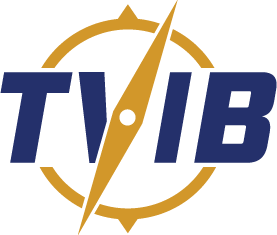USCG: MSC Guidelines for Review of Stability for Towing Vessels (M)
12/04/2017
The Coast Guard Marine Safety Center published a revision to MSC Guidelines for Review of Stability for Towing Vessels (M) (Procedure NumberL H1-04). The document serves as the Plan Review Guideline that is applicable to stability calculations reviewed by the MSC for towing vessels with a keel laid on or after July 20, 2017; or underwent a major conversion on or after July 20, 2017.
Stability review for a towing vessel under Subchapter M does not need to be completed by MSC. The owner of the vessel has the following options:
- A registered professional engineer (P.E.) licensed by one of the states of the United States or the District of Columbia
- An authorized classification society that has been delegated the authority to issue the SOLAS Cargo Ship Safety Construction Certificate under 46 CFR 8.320
- The Coast Guard
Click here to download MSC Guidelines for Review of Stability for Towing Vessels (M)
